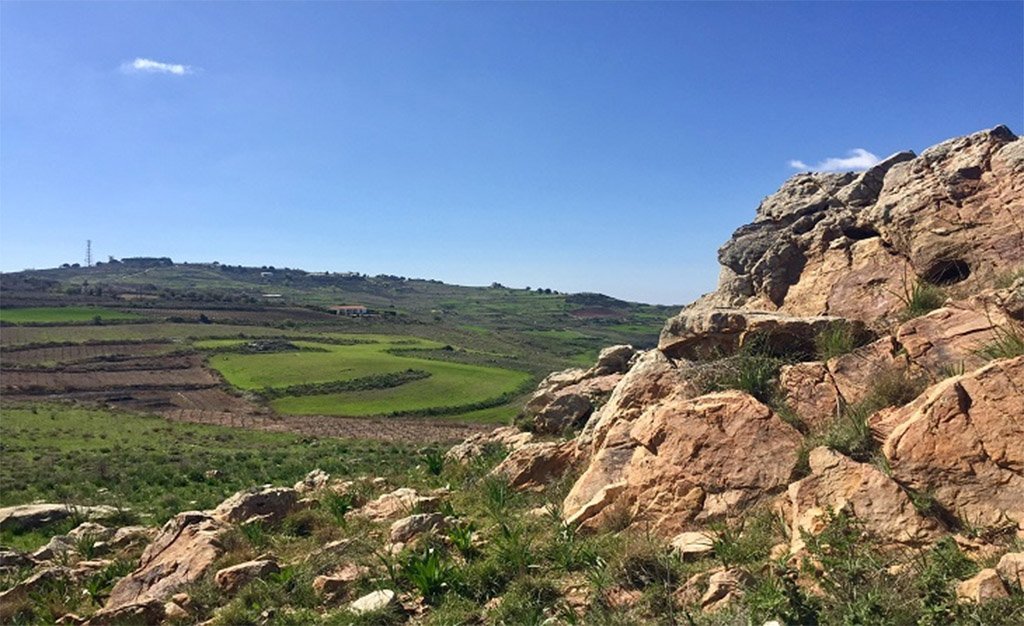A Cyprus court recognised for the first time the right of environmental NGOs to access the national courts to ensure environmental protection.
This was achieved through a decision of the administrative court dated May 4, which interpreted the legal interest, in accordance with international and European law, to ensure the right of NGOs and citizens’ associations access to environmental information, public participation in decision-making and, most importantly, access to justice.
The decision concerned an appeal of the ‘Friends of Akamas’ group, Philenews reported this weekend. The organisation has appealed the granting of two planning permission in 2018 to Cyprus Limni Resorts and Golf Courses Plc. Limni for construction in and near Natura 2000 site.
The permits were granted for the construction and operation of two golf courses, a 5-star, 160-room luxury two-storey hotel, 792 villas, and two golf clubs with commercial shops and catering and leisure centres in Polis Chrysochou – Gialia area.
The project is located within and close to the Natura 2000 Site of Community Importance/Special Conservation Area.
To date, the project has not been carried out.
In her interim decision, Administrative Court Judge Elena Michael rejected the pre-litigation objections of the competent authorities of the Republic of Cyprus, and set the case for instructions on May 11 this year. She also awarded the proceedings costs in favour of the applicants, represented by lawyer Nikoletta Charalambidou.
Among the state’s objections, was the legal interest of an environmental organisation in bringing an action before the Court of Justice against the granting of those planning permissions.
At this stage, the court identified points which appear to further burden the environment, such as, for example, the construction of a hotel and the increase in the number of plots for the construction of dwellings.
In her judgement, Michael also explains that the right of non-governmental organisations to bring actions before the courts for the purpose of upholding the causes they are mandated to protect was codified through the Aarhus Convention.
The Convention was ratified by the Republic of Cyprus and implemented by the European Union in 2006.
According to the Judge, NGOs are included in the definition of the affected public provided they meet the provisions of national legislation.
The planning permits were granted to the private company in August, 2018 following the submission of updated studied and plans. This took place after the European Commission issued a reasoned opinion in November 2015 that Cyprus failed to comply with its obligations relating to the conservation of natural habitats by failing to carry out appropriate environmental impact assessments on the Natura 2000 site.
Following the appeal, the defendants alleged the action was brought out of time, that the applicants lacked legal interest and that the action was inadmissibly directed against more than one act.
With regard to the untimeliness, the court ruled that it was timely as the appeal was filed within the 75 days period provided by law since the publication of the decision in the daily press.
The court also held that the suggestion of inadmissibility of challenging distinct administrative acts in one appeal was also rejected since as is clearly evident from the content of the respondents’ objection, the impugned acts were considered at all material times and at all stages together.
This is the first decision of the Court of Justice of the Republic of Cyprus to recognise the right of access to justice of environmental NGOs and the legitimate interest of registered associations with the statutory purpose of protecting the environment to have recourse to national courts. This is also the first decision of its kind taken since the Republic of Cyprus ratified the Aarhus Convention.







Click here to change your cookie preferences